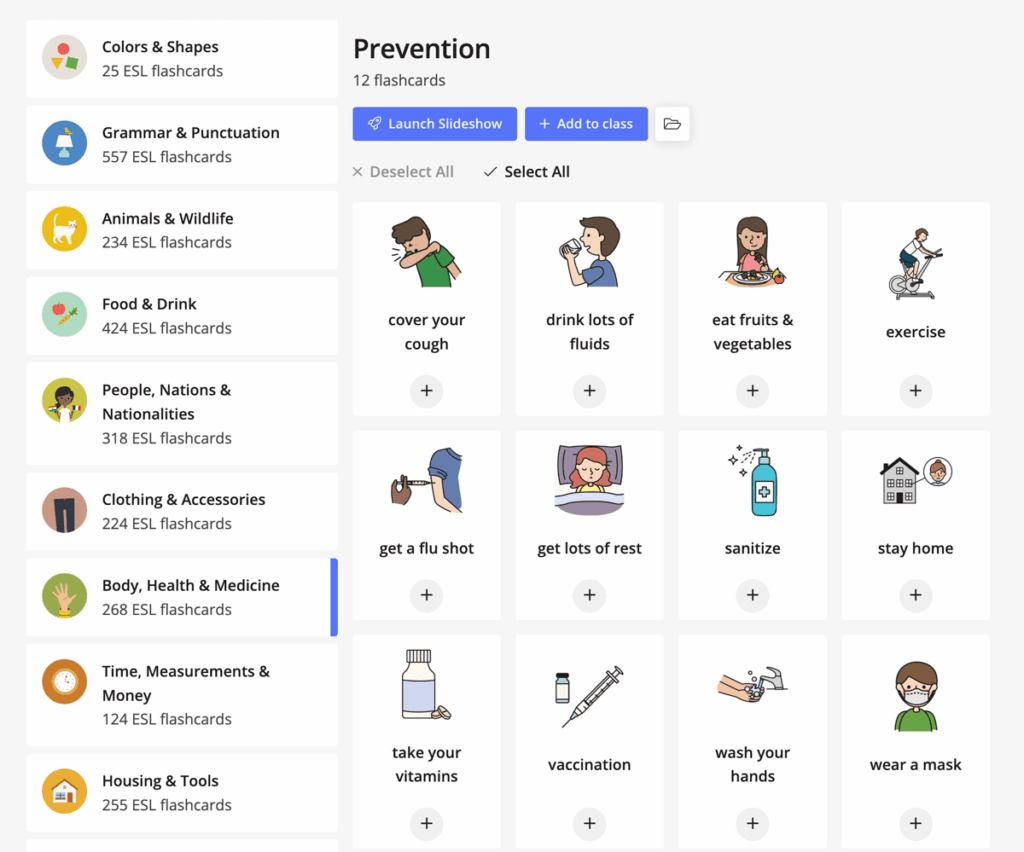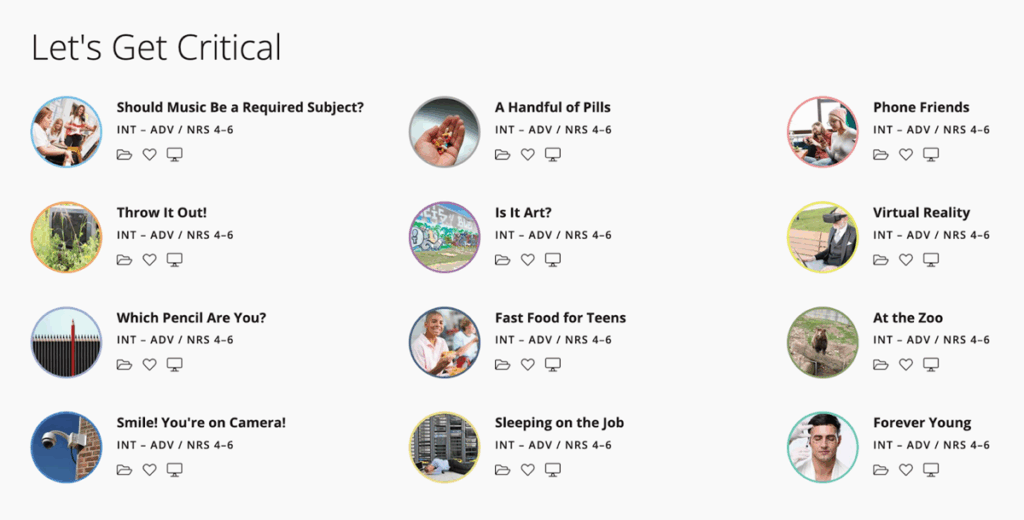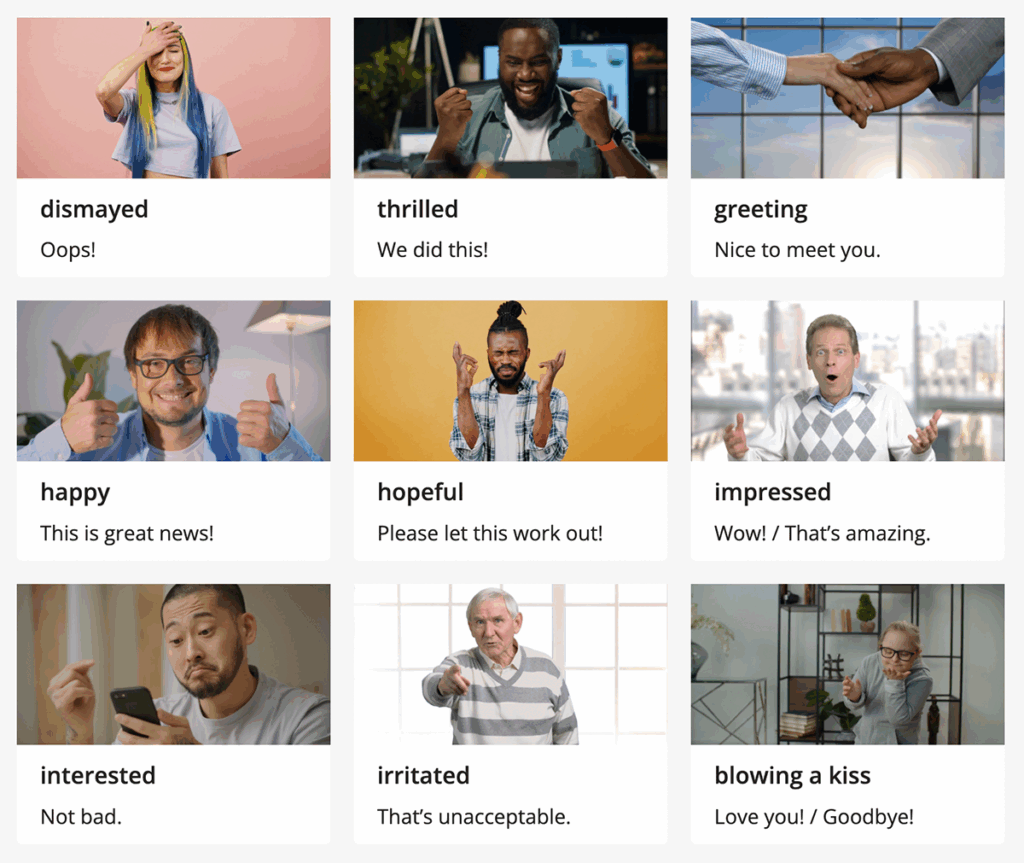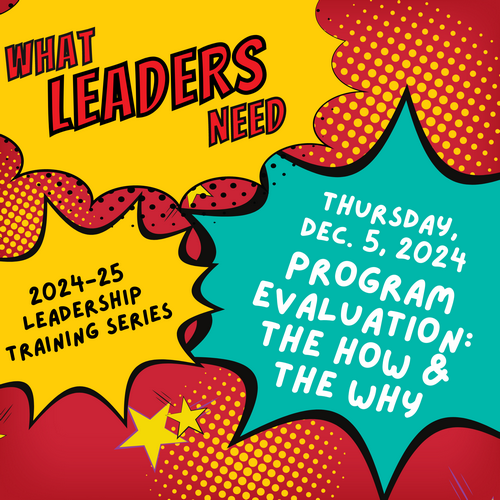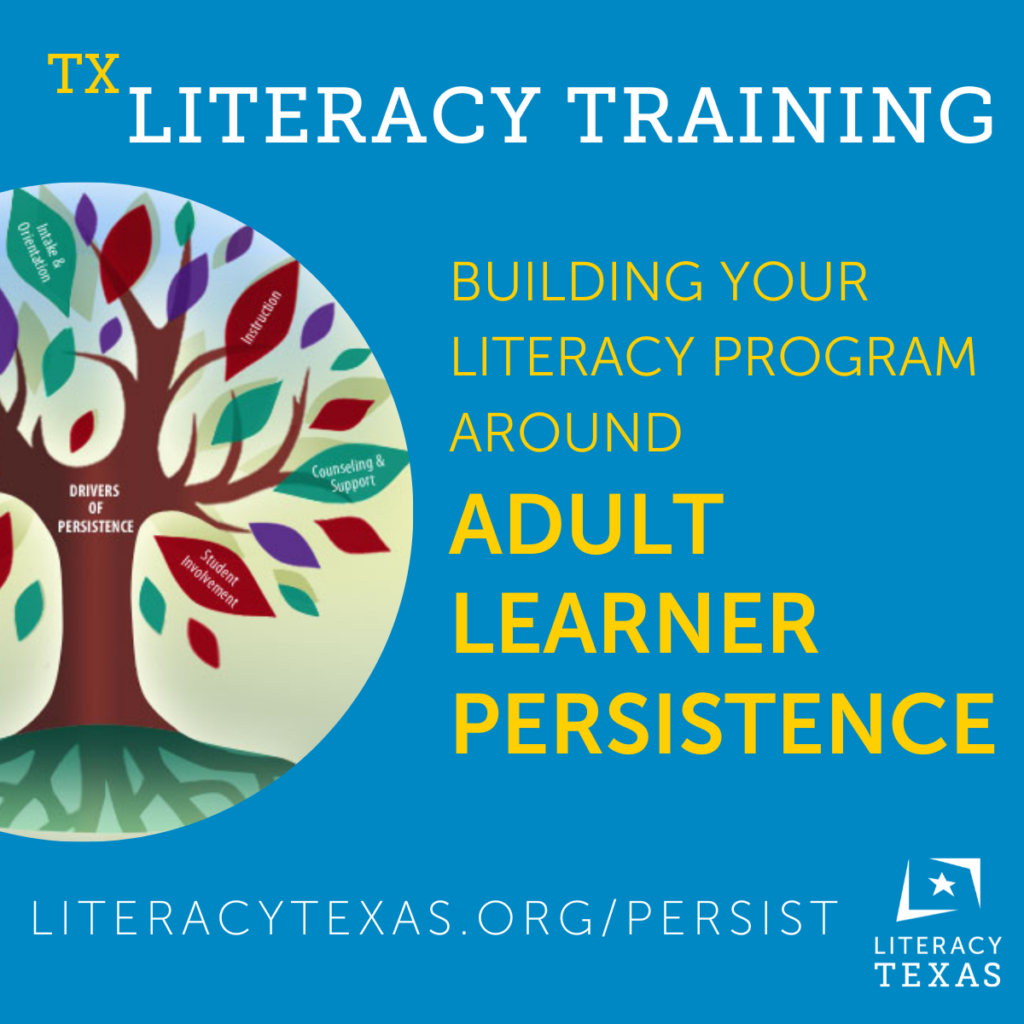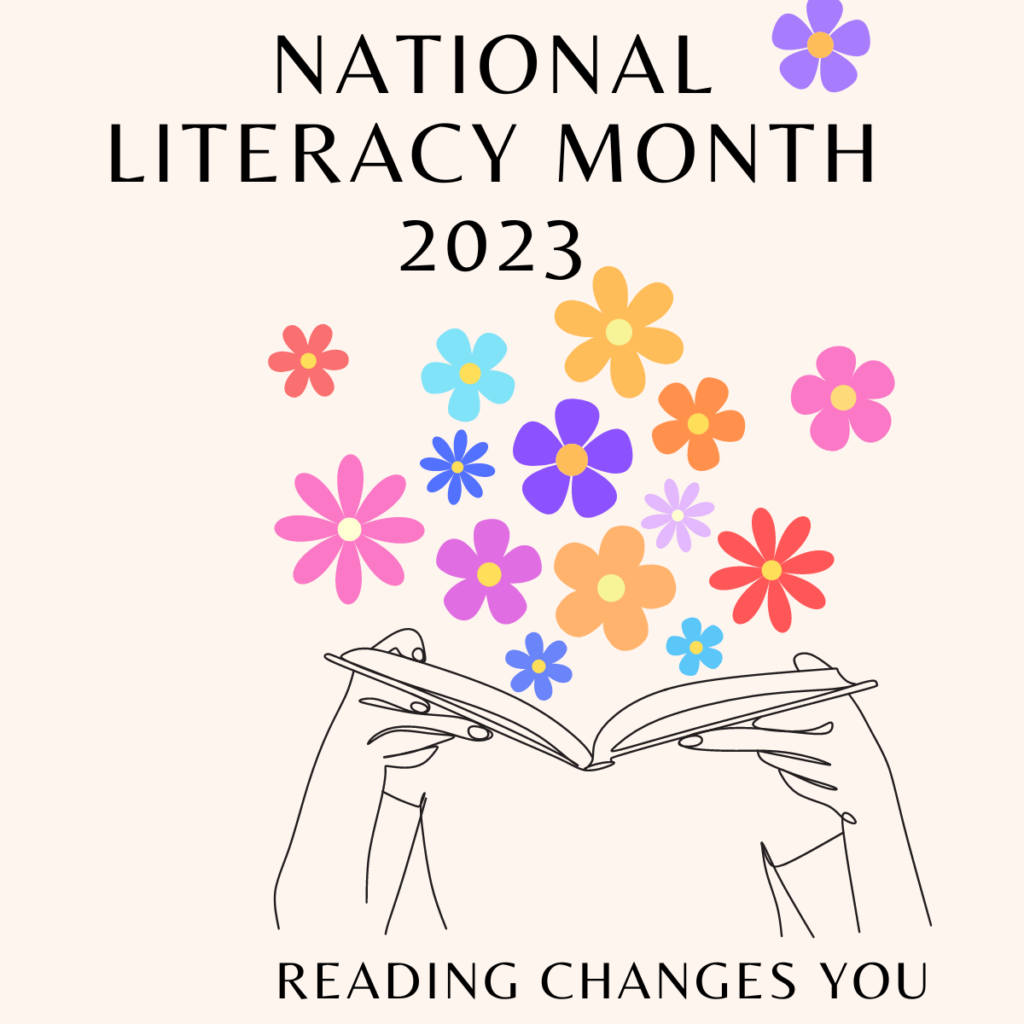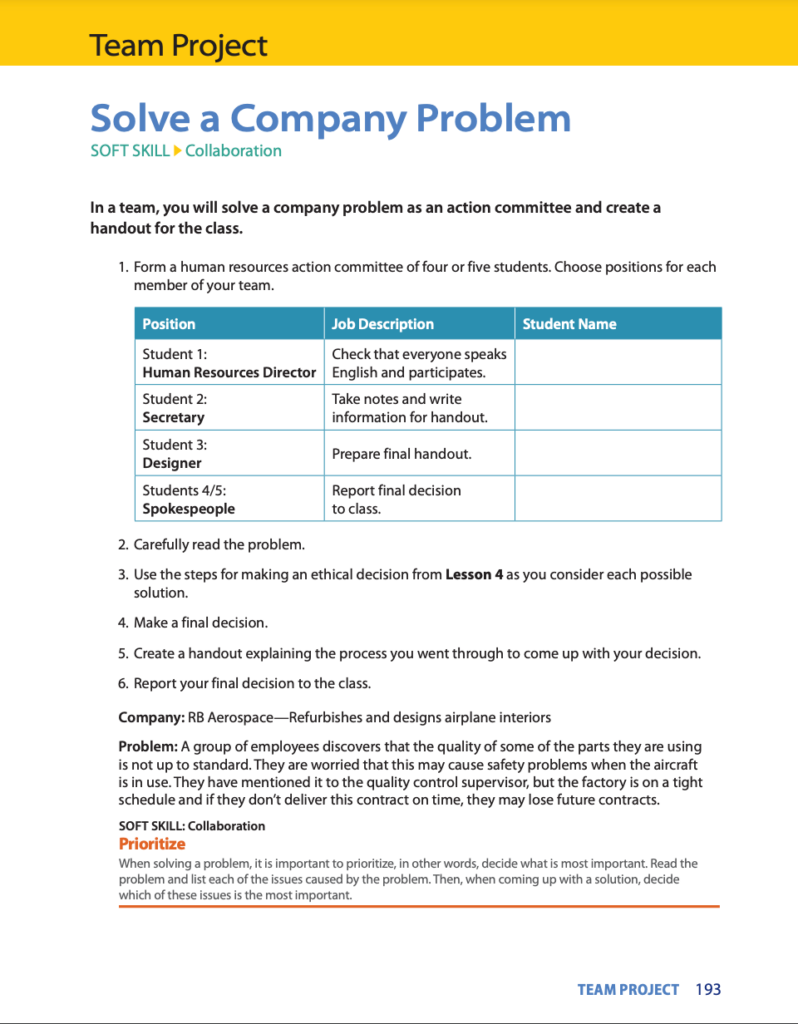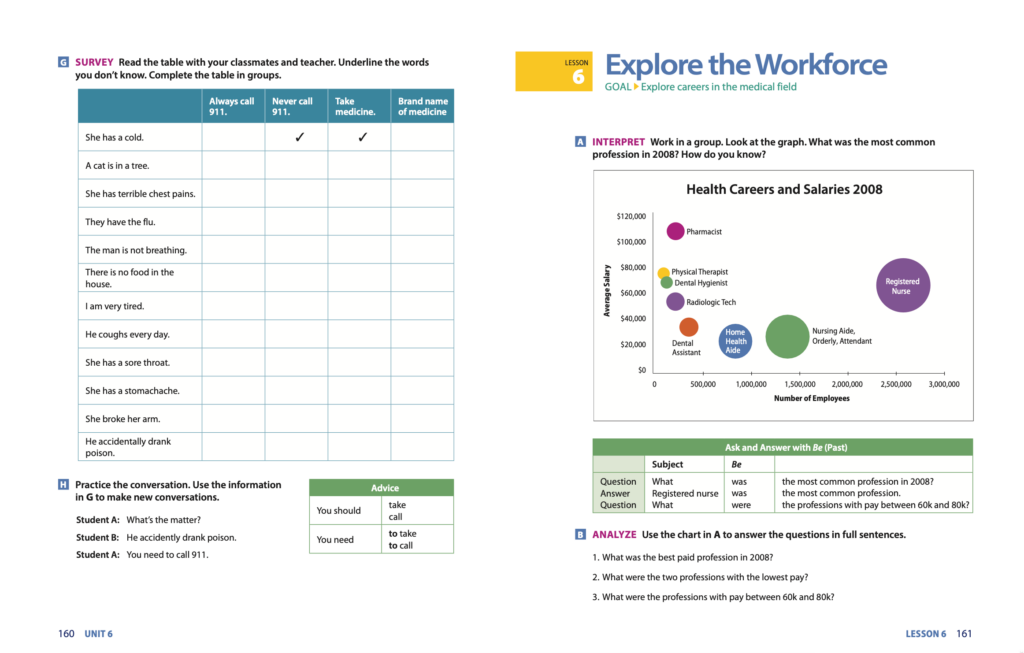
Author: Dr. Jenny McCormack Walker, Literacy Texas Executive Director
One of the most impactful professional development workshops I’ve ever attended was led by brain researcher Dr. Marcia Tate. In her presentation, she said,
“If students love you, they’ll do anything for you.”
With this sentiment, Dr. Tate made a strong case for the power of positive relationships in the classroom. If we, as instructors, can earn the trust and respect of the adult learners we serve, we can use that as leverage to motivate, empower, and equip our students for success.
In the adult education and literacy field, we’re fortunate to have students with a diverse range of backgrounds, and some of those backgrounds include substance use and incarceration.

It’s not our job to decide if they’re worthy of a second chance.
It’s our job to help them begin again when they’re ready for it.
Our organizations are stretched thin and are charged with doing an unbelievable amount of work. Even so, it’s important that the people on your team are the right fit for the students you serve. You must have people who can build positive relationships with all students.
This is why it’s infinitely important to be selective about the people you invite to join your team. There are often people with good hearts who want to serve as a tutor or volunteer, but sometimes even people with good hearts bring preconceived ideas about those carrying heavy baggage from their past.
This will impact an instructor’s ability to build positive relationships, and ultimately, it will impact the success of the students in their classroom.
When interviewing potential volunteers or staff members, it’s important to be open and honest about the kind of students they could potentially have in their class. It’s not fair to your adult learners – or to the candidate you’re interviewing – to skip those difficult, yet critical, conversations.
You can always teach instructional strategies. You can’t always teach a person how to have an open mind and an open heart.
On Thursday, June 26, we’ll welcome a special contingent from the Windham School District – which has responsibility for all adult education for incarcerated folks across Texas – to our Best of Texas session. It’s promising to be a fascinating conversation and we’d love to have you there. Find out more and register here.
Get Texas literacy updates
Join our mailing list so you don’t miss any news:
- Local and national literacy news
- Conference updates
- Regional symposia
- Best of Texas
- Advocacy
- …more!


